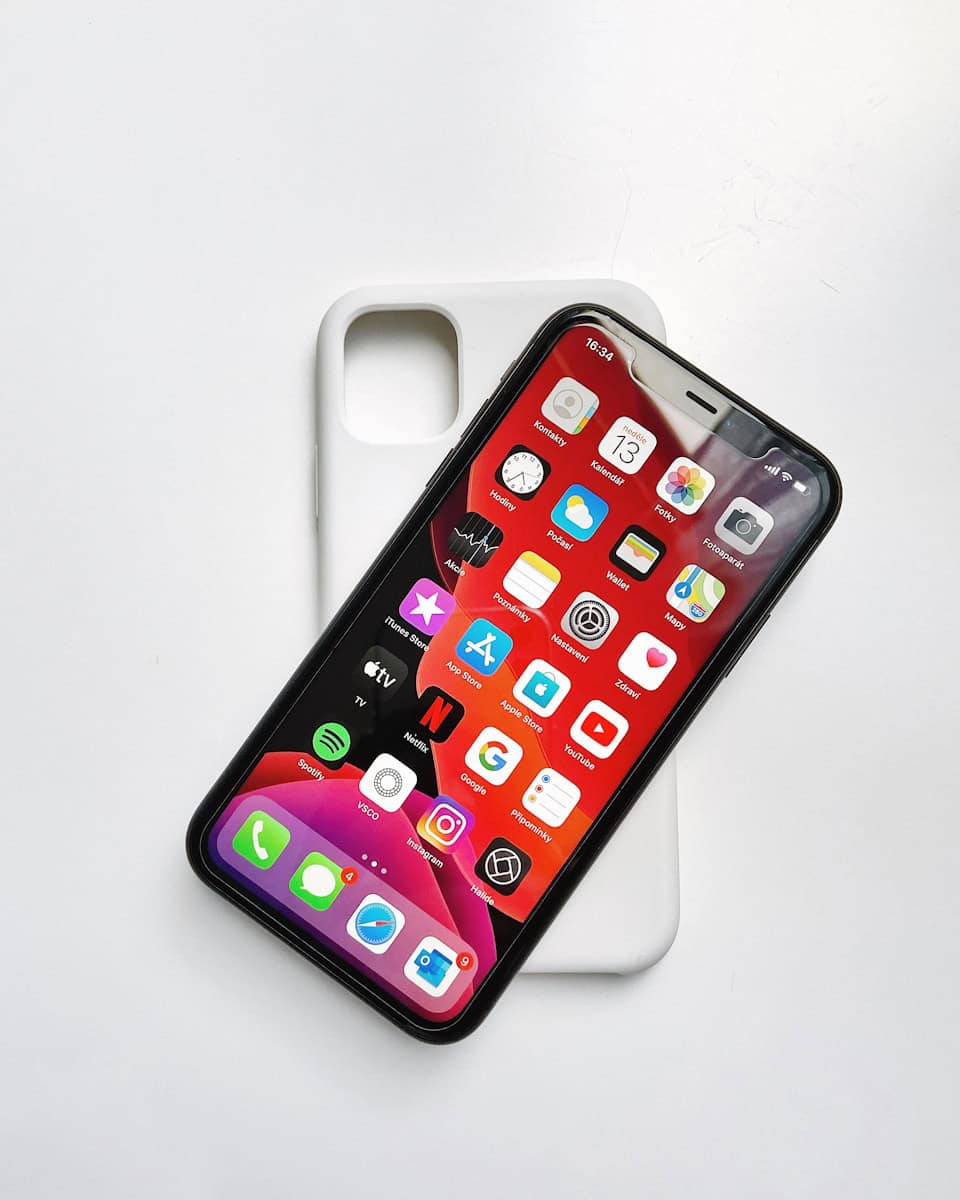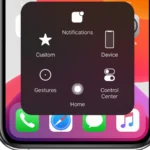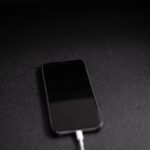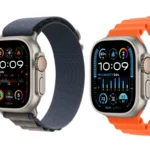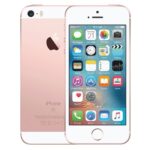When deciding between the iPhone 8 and iPhone 11 Pro, it’s important to understand their differences in design, build, and performance. The iPhone 8, released in 2017, has a classic design with a home button and Touch ID. It’s smaller and fits comfortably in the hand, appealing to users who prefer a traditional look. On the other hand, the iPhone 11 Pro, introduced in 2019, has a modern all-screen design, Face ID, and a triple-lens camera setup, representing a significant advancement in smartphone technology. In terms of internal hardware, the iPhone 8 runs on the A11 Bionic chip, while the iPhone 11 Pro is equipped with the more powerful A13 Bionic chip, enhancing overall performance and efficiency.
The iPhone 11 Pro offers improved battery life, a Super Retina XDR display, and advanced photography capabilities. Both phones cater to different needs and budgets, so the comparison isn’t just about which is newer but also about which meets the user’s preferences for performance, features, and design. Each phone has strengths that appeal to different users, from those who prefer a reliable and familiar interface to those who desire cutting-edge features and top-tier performance. Understanding these key aspects helps make an informed decision.
Key Differences: iPhone 8 and iPhone 11 Pro
Display
The iPhone 11 Pro boasts a larger 5.8-inch Super Retina XDR display with OLED technology, offering vibrant colors and deeper blacks. The iPhone 8 has a smaller 4.7-inch Retina HD display with LCD technology. If you enjoy watching videos or playing games, the 11 Pro’s larger, more advanced display is a clear advantage.
Camera
The iPhone 11 Pro features a triple-lens rear camera system with wide, ultra-wide, and telephoto lenses, enabling stunning photos and videos in various lighting conditions. The iPhone 8 has a single-lens rear camera, capable of taking good photos but lacking the versatility of the 11 Pro’s system. For photography enthusiasts, the 11 Pro’s camera is a significant upgrade.
Performance
The iPhone 11 Pro, powered by the A13 Bionic chip, offers faster and smoother performance compared to the iPhone 8’s A11 Bionic chip. This translates to quicker app launches, smoother multitasking, and a better overall user experience. If you prioritize speed and performance, the 11 Pro is the clear winner.
Battery Life
The iPhone 11 Pro has a larger battery than the iPhone 8, offering longer battery life. This means you can go longer between charges, especially if you’re a heavy user. If you rely on your phone throughout the day, the 11 Pro’s superior battery life is a definite plus.
| Feature | iPhone 8 | iPhone 11 Pro |
|---|---|---|
| Display | 4.7-inch Retina HD LCD | 5.8-inch Super Retina XDR OLED |
| Chip | A11 Bionic | A13 Bionic |
| Rear Camera | Single-lens | Triple-lens (Wide, Ultra Wide, Telephoto) |
| Front Camera | 7MP | 12MP TrueDepth |
| Storage | 64GB, 256GB | 64GB, 256GB, 512GB |
| Water Resistance | IP67 | IP68 |
| Biometrics | Touch ID | Face ID |
While the iPhone 8 is still a capable device, the iPhone 11 Pro offers significant upgrades in display, camera, performance, and battery life. If you’re looking for the best possible iPhone experience, the 11 Pro is worth the extra cost. However, if you’re on a budget or prefer a smaller phone, the iPhone 8 might still be a good option for you.
Key Takeaways
- The iPhone 8 and iPhone 11 Pro display distinct design philosophies and user experiences.
- Performance upgrades in the iPhone 11 Pro are significant, with a more advanced chip and camera.
- Both phones cater to different user preferences, balancing familiarity and innovation.
Design and Build Comparison
When assessing the iPhone 8 and iPhone 11 Pro, one notes distinct differences in design and build. These range from size and material to display technology and biometric features, all revealing a clear evolution in iPhone design between these models.
Dimensions and Weight
The iPhone 11 Pro is thicker, taller, and broader than the iPhone 8. While the iPhone 8 is 138.4mm in height, 67.3mm in width, and 7.3mm in thickness, the iPhone 11 Pro measures 144mm by 71.4mm and has a thickness of 8.1mm. The weight also increased from iPhone 8’s 148 grams to iPhone 11 Pro’s 188 grams.
Material and Durability
Both phones boast of front and back glass with a high strength, but the iPhone 11 Pro’s build includes a more durable glass with matte texture. iPhone 11 Pro has better water and dust resistance at IP68 compared to the iPhone 8’s IP67 rating, meaning it can withstand deeper and longer submersion in water.
Aesthetics
Color options vary between the two, with the iPhone 8 available in Silver, Space Gray, and Gold, while the iPhone 11 Pro offers Midnight Green, Space Gray, Silver, and Gold. The iPhone 11 Pro’s matte finish gives it a more modern and sophisticated appearance compared to the glossy back of the iPhone 8.
Display Quality
The display on the iPhone 11 Pro is superior, featuring a Super Retina XDR OLED screen with HDR and a resolution of 2436 x 1125 pixels. In contrast, the iPhone 8 has a smaller Retina HD LCD screen with a 1334 x 750 pixel resolution. Brightness peaks higher on the iPhone 11 Pro, and it also provides a better contrast ratio and pixel density for crisper visuals.
Biometric Features
iPhone 11 Pro uses Face ID technology for user authentication, replacing the fingerprint scanner found on the iPhone 8. The shift to facial recognition offers a larger screen-to-body ratio due to the removal of the home button on the iPhone 11 Pro.
Performance and Hardware
When comparing the iPhone 11 Pro to the iPhone 8, we see significant upgrades in processing, camera technology, and battery life. Both devices offer robust experiences but the iPhone 11 Pro leads in performance and features.
Processing Power
The iPhone 11 Pro is powered by the A13 Bionic chip, which provides a substantial increase in CPU speed over the iPhone 8’s A11 Bionic. The A13’s third-generation Neural Engine contributes to better machine learning capabilities for photos and augmented reality.
Camera Capabilities
iPhone 11 Pro’s camera system includes a triple 12MP rear setup with wide, ultra-wide, and telephoto lenses. It supports night mode and 4K video recording. The iPhone 8 has a single 12MP rear camera and lacks night mode.
Battery and Charging
Battery life on the iPhone 11 Pro sees improvements with a higher capacity than the iPhone 8. It supports fast charging and wireless charging, a feature the iPhone 8 also possesses. However, the 11 Pro charges faster due to its higher-wattage power adapter.
Connectivity and Sensors
Both phones support LTE, Bluetooth, NFC, GPS, but the iPhone 11 Pro adds Wi-Fi 6 and an improved Dual SIM setup. Sensor arrays are similar, with both featuring gyroscopes, accelerometers, proximity sensors, and more.
Software and Ecosystem
Running on iOS, each phone offers access to Apple Pay, FaceTime, and the App Store. The iPhone 11 Pro will receive iOS updates for a longer period than the iPhone 8, given its later release date.
Storage and Security
The base model of the iPhone 11 Pro starts at a higher internal storage capacity compared to the iPhone 8. Both have secure authentication methods, but the iPhone 11 Pro’s Face ID is faster and more refined than the iPhone 8’s Touch ID.
Benchmark Scores
Benchmark testing such as Geekbench and AnTuTu reveals that the iPhone 11 Pro outperforms the iPhone 8. Scores indicate that the iPhone 11 Pro’s higher RAM and new chipset allow for improved overall performance and speed.

